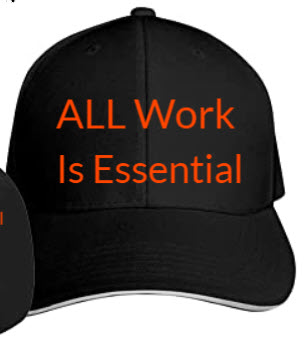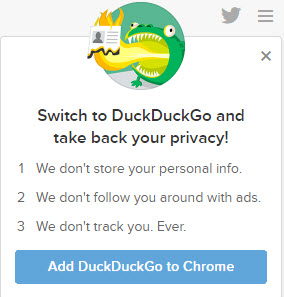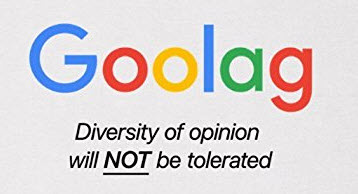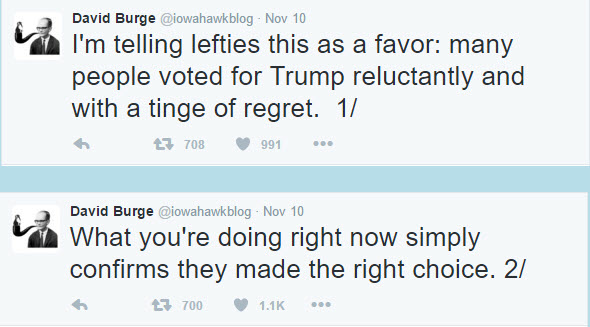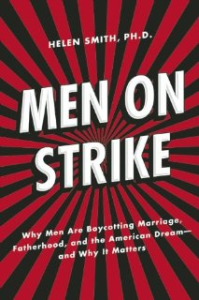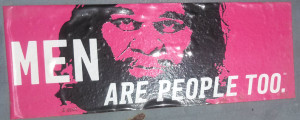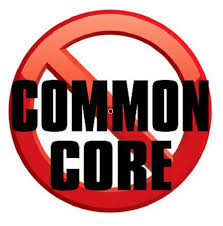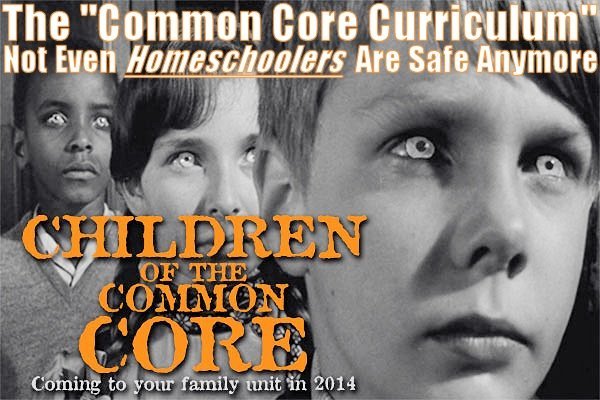News the rest of the United States could use – Texans don’t trust government, so they rescued each other when things got desperate | Fort Worth Star-Telegram
HOUSTON As a torrential rain poured from the sky last Sunday, Keri Henry sat in her snug West University Place living room nervously checking Facebook. Floodwaters were rising, emergency lines were jammed, and people were posting desperate pleas for help: “Two elderly people trapped in a one story on their kitchen counters since noon.” “Seven people trapped in second floor.”
Henry grabbed a notepad and began scratching down details, thinking she would connect the people in trouble with other Facebook users offering boats and high-water vehicles. Within hours, the 36-year-old freelance food photographer was running a one-woman command center from her sofa.
“I see some people commenting on one post and other people commenting on another post, and it just clicked,” Henry said. “I had no idea what I was doing, but no choice except to do it.”
Good for her. Good for us. Good for the United States of America.
The article closes describing Keri Henry’s week…
Henry launched her personal rescue operation around lunchtime last Sunday from her cozy sectional in West University Place, an independent city near downtown Houston.
“It turns out my Facebook addiction actually had a purpose,” she said. With the water rising, she divided the pleas for help into three categories in her notebook: “BABIES.” “Elderly.” “Families.”
On Sunday night, she slept for barely two hours.
“I don’t know how many lives I could’ve saved while I slept,” she said. “It was hard to make yourself sleep.”
At first, she focused on linking boaters and victims in the closest neighborhoods – Bellaire, Braeswood, Meyerland. But as word of her work spread online, she began receiving tags and private messages from strangers farther away in Memorial and Katy and, eventually, all over Houston.
Boaters arriving from as far away as Florida found their way to her on Facebook as well, seeking guidance about where to deploy. Then Henry linked up with a Houston lawyer, Thomas Holmes III, who was commanding his own fleet of boats.
Holmes had something else to offer: online emergency forms. Created through Google Docs, the forms allowed victims and volunteers to provide rescuers with crucial details about their location and health. That information was then uploaded to a master spreadsheet that let rescuers know whether to expect a large family, pets or a victim weighing more than 300 pounds.
“So many random boaters were filling out my Google dispatch form that I realized they could be dispatched almost anywhere there were needs,” Henry said. “Our operation just kept growing.”
From last Sunday through Thursday, she worked, aided at times by a friend who listened to Zello from her home in Hawaii. At the height of the effort, Henry estimates that she was helping to direct 39 teams of three or four boats each – well over 100 Good Samaritans saving an untold number of lives.
“Once I got a few people rescued and things started gaining momentum, I couldn’t just look away,” she said. “Who was I going to pass the torch to? The 911 dispatch? No way. That wasn’t an option.”
Allow me to repeat myself… Good for her. Good for us. Good for the United States of America.
Read the whole thing.

